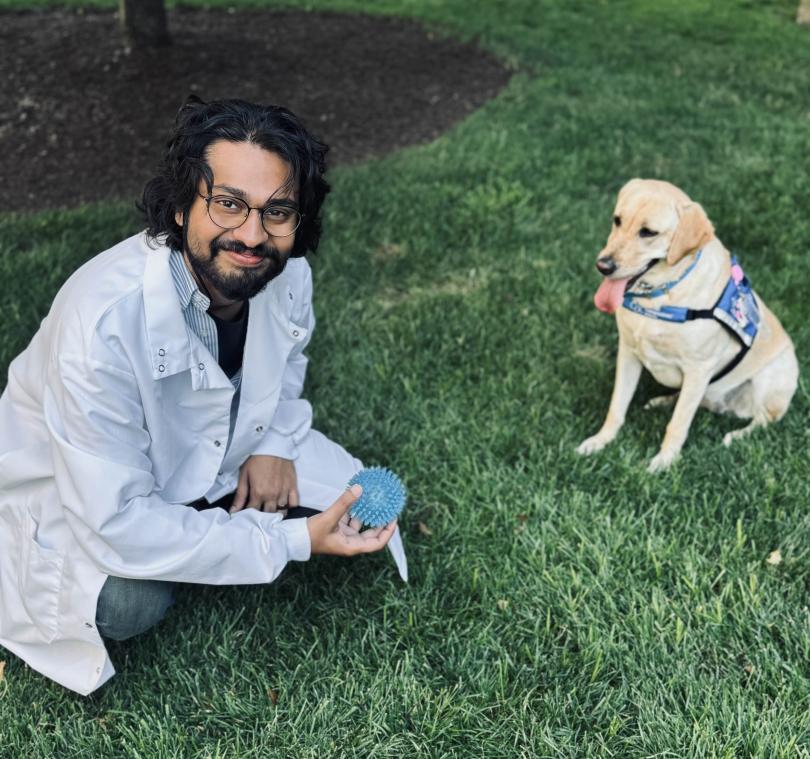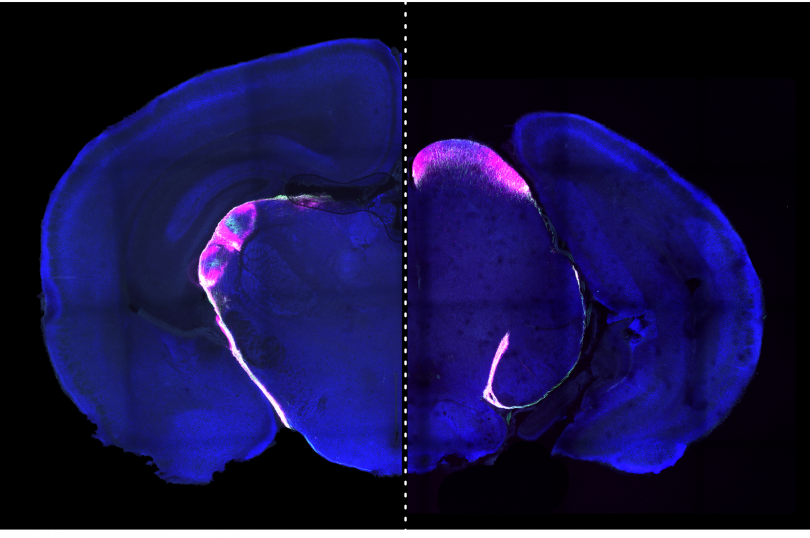"Of Microbes and Microglia: Sex-Biased Immune Pathways in Stress and Mood Disorders"
 Dr. Georgia Hodes
Dr. Georgia Hodes
Bio:
Dr. Hodes received a B.A. in Drama/Dance from Bard College and after college worked as an actor and designer in New York City. During this time, she decided a life in the arts was unsustainable and did post-baccalaureate training at Hunter College in experimental psychology. She obtained her Ph.D. from Rutgers University in the Behavioral and Systems Neuroscience division of the Psychology program where she trained in the laboratory of Dr. Tracey Shors. She went on to have 2 postdoctoral training positions, the first in Pharmacology with Dr. Irwin Lucki at the University of Pennsylvania and the second in Neuroscience with the Dr. Scott Russo at the Icahn School of Medicine at Mt. Sinai. She has received 2 NARSAD young investigator awards and is an author on over 70 publications. In 2016 she joined the faculty of the newly formed School of Neuroscience at Virginia Tech. Her research program examines sex differences in the peripheral and central immune system and how immune mechanisms interact with brain plasticity to drive behavioral differences in emotional processing of stress and mental health disorders.
Abstract:
The brain does not exist in a vacuum. The brain controls the body; however, the body also impacts the brain. This occurs through a variety of immune mechanisms, including cytokines and microbes produced in the periphery. When we get sick, our cells produce or suppress signals depending on the type of invasion. They tailor the environment to kill off an invading pathogen or our own injured cells. Cells then produce other signals to shut down this response and promote recovery and healing. Like physical illness, mental illness, or even stress exposure, alters immune signaling in both the body and the brain. The fundamental question driving my research is how immune pathways contribute to the pathology associated with the development of mental illness, and why are some individuals more vulnerable than others to this type of immune dysfunction?
Watch the seminar here!

 Dr. Shane D'Souza
Dr. Shane D'Souza
